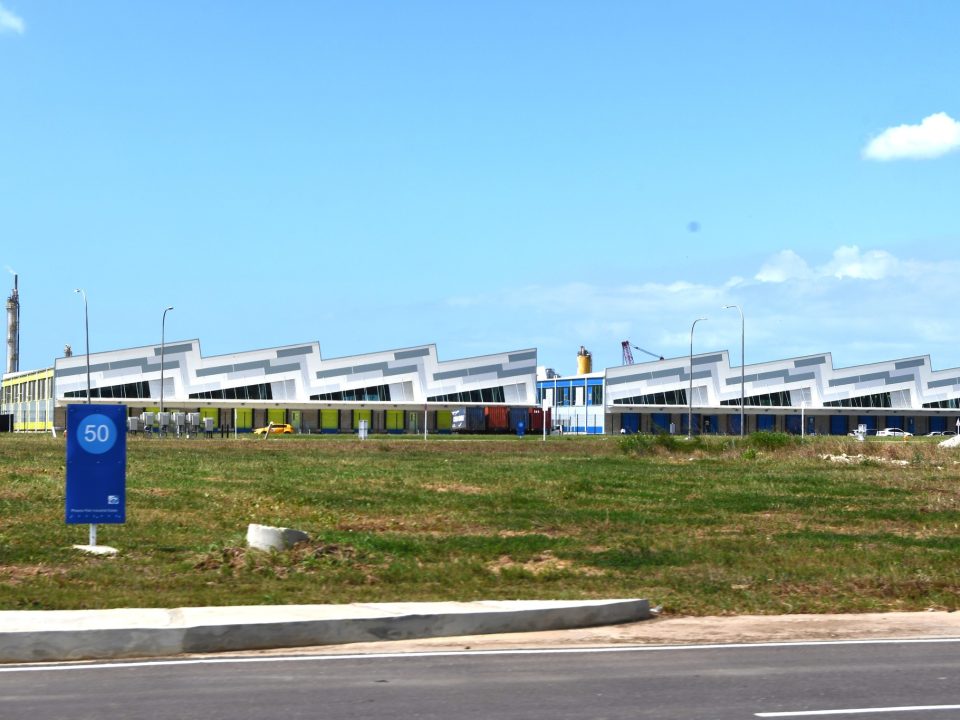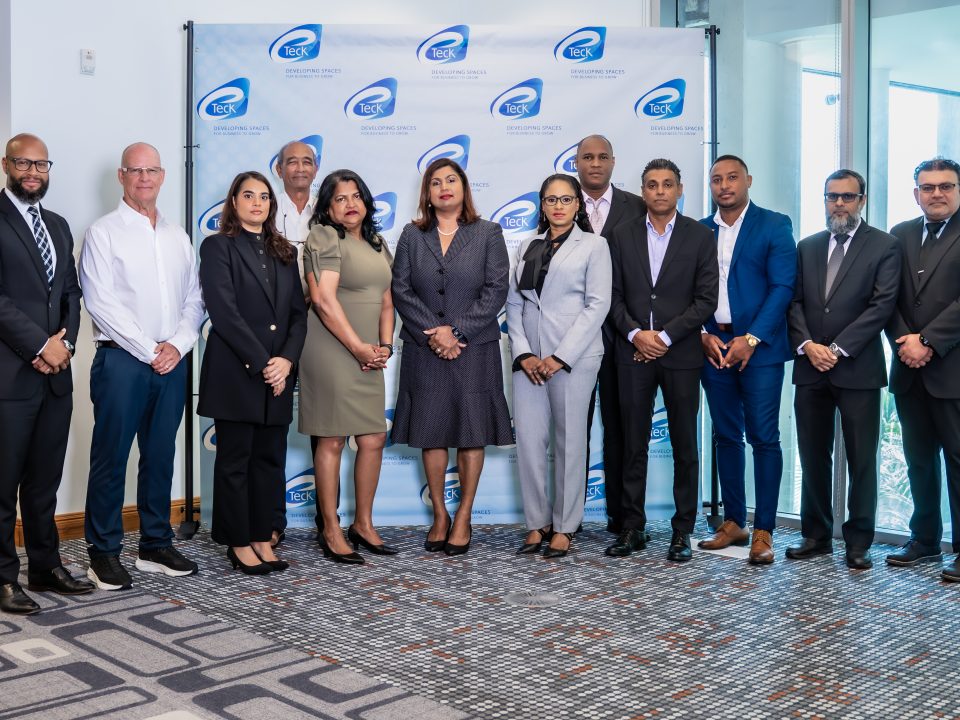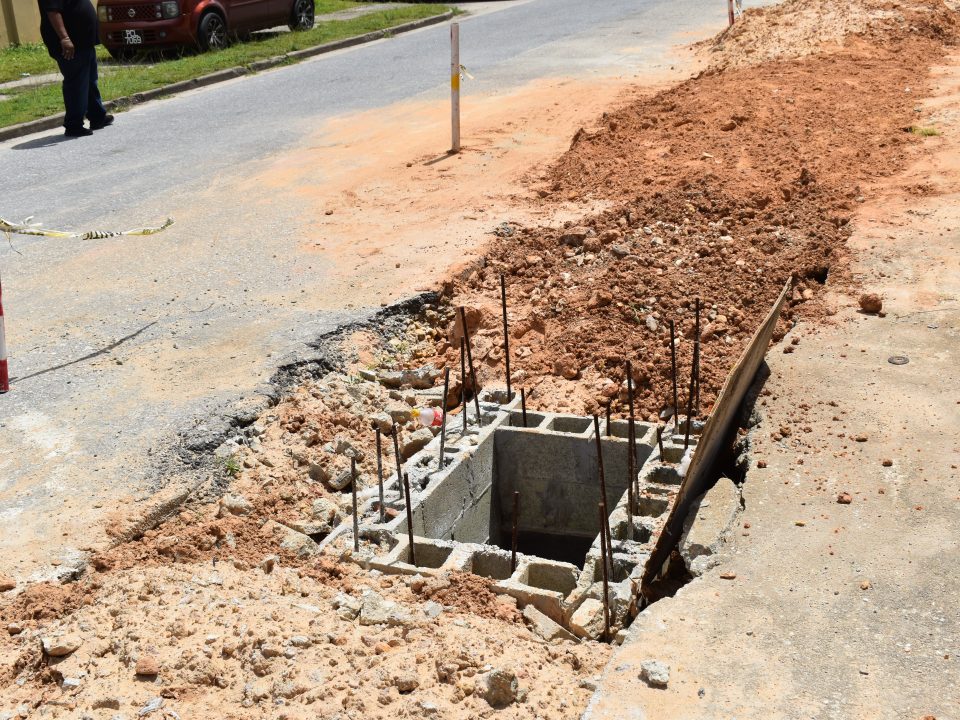Does Trinidad & Tobago have what it takes to create a Knowledge-based economy?
Part 1
Trinidad and Tobago has flourished under the nurturing arm of oil and gas production for the last century. But it must outgrow its dependence on these natural resources due to changes in the global economy. New technologies allow oil to be extracted from shale, ‘tight’ sands and coal formations. Consumers and environmentalist lobby policy makers, with progressively greater success, to find and use more environmentally friendly sources of energy. With the demand for Trinidad and Tobago’s oil and gas potentially on the decline, aggressive strategies are needed to safeguard this country’s economic future. Many have repeatedly called on Trinidad and Tobago to move away from its reliance on a commodity-based economy and invest in developing a knowledge-based economy (KBE). Others contend, however, that it is not one or the other, but a mixture of both that is required.
A KBE is one in which the production, distribution and use of knowledge are the main drivers of growth, wealth-creation and employment across all industries. The World Bank has identified the four pillars of a KBE as :
(1) Information and Communication Technology Infrastructure (ICT);
(2) Education and Skills;
(3) Economical and Institutional Regime; and
(4) Innovation System
The countries recognized as the best examples of KBEs are Sweden, United States, Korea and Finland. It is no coincidence that these are also the most innovative countries in the world. It begs the question, “How does Trinidad and Tobago measure up? Do we have what it takes to create a knowledge-based economy?” Let’s address this question by examining the nation’s status vis-à-vis the World Bank’s four pillars. This week, we look at the first two: Information and Communication Infrastructure and Education and Skills.
(1) Information and Communication Technology Infrastructure
Information and communication technologies (ICT) infrastructure is a key driver for promoting economic growth, sustainable development and form the backbone of a knowledge economy. Bernard Mitchell, Chief Implementation Officer for Tamana InTech Park at Evolving TecKnologies and Enterprise Development Company Limited (e TecK), believes that Trinidad and Tobago has what it takes to establish a profitable ICT sector.
“Trinidad and Tobago has been aggressive in developing and implementing its National ICT Policy and e-Government Agenda,” he said. “Considerable investments have been made and citizens can now access a number of Government services online.” He referred to government initiatives such as Gov-NET (the Inter-Ministry connectivity project) and TTConnect.
Mitchell noted, however, that more should be done to give greater incentives to businesses for the deployment of ICTs in their operation. He suggested that a possible incentive could be a faster service turnaround for applications that leverage the ICT channel.
“Without a compelling ICT sector and infrastructure, no country is ready to be a global powerhouse,” he stated. “T & T understand this, and we are intent on being a global industrial player.”
Government’s Tamana InTech Park at Wallerfield has been specifically designed to advance the government’s ICT agenda. It offers widespread blanketed connectivity and an advanced highly-secured network. It will contain the only certified Tier III Data Centre in the region. This will be particularly beneficial to the Park’s anchor tenant, the University of Trinidad and Tobago (UTT).
Judy Lake, Vice President of Information Technology Services at UTT, acknowledged that Trinidad and Tobago has made significant steps towards integrating ICT into the business infrastructure of the country. Online banking and payments as well as the commercial use of systems such as LINX affirm the claim.
She lamented, however, that there is no native facility for online purchases, nor much development in the way of geographic information system (GIS) capabilities.
She stated: “We are still not where we should be, because all our software and technology is imported from abroad. A knowledge-based economy has to be incubated and driven by people in Trinidad who have the knowledge, skills and ICT capabilities to direct towards commercially viable products and services.”
(2) Education and skills
Human capital development is crucial if citizens are to contribute meaningfully to their economy.
In countries such as Denmark, Italy and Norway, public expenditure on education represents more than 70% of total intangible investment. Tangible investment refers to expenditure on fixed capital such as the construction of educational facilities. Intangible investment on the other hand includes, for example, expenditure on curriculum research and development, training and software. Though tangibles hold significant importance, intangibles are key to developing a KBE.
In terms of intangible investment, Trinidad and Tobago has made impressive strides. Greater access to early childhood care and education, established quality standards for all levels of the education system, and the continued professional development of teachers, attest to this.
Trinidad and Tobago is also increasing its critical mass of technicians, engineers and professionals with the enrollment of students in engineering, applied technology and science programmes showing a steady increase at University of the West Indies (UWI) and UTT since 2004.
For the long term however, the education system- from pre-primary to tertiary- will require comprehensive reform if we are to produce the quantity and quality of technicians and professionals vital to developing a KBE. Critical in this reform is a well articulated policy for forging closer linkages between industry leaders in the private sector and universities. This will ensure greater synergy between what students are being taught and what the labour market needs from its workers.
Bolstering the education system must occur in tandem clear measures for upskilling the population. Workers need access, throughout their economically productive lives, to training opportunities that match the world’s shifting demand for certain skills. “We have to re-train ourselves: how we view ourselves, how we conduct our business, what we do,” said Dr. Denise Thompson, Professor at the Centre for Production Systems at UTT. “Upskilling will aid in shifting the products we produce from the low end of the value chain to the value-added end where you get more bang for your buck.” she continued.
Stating that the country should no longer be satisfied with being a producer of raw materials, but must strive to be a developer of the finished product, she gave the example of the difference between exporting raw cocoa beans and fine chocolate.
“Farmers must start thinking of themselves as not just farmers but as businessmen, engaging in the industry in terms of pushing what they do up the value chain,” Dr. Thompson explained.
“What we see in the cocoa industry is repeated in all different areas. We think for some reason that we can’t market our own. But we cannot just say ‘Well, we’re a small market’. We need to recognize that the world awaits. Upskilling and re-training our population play a significant role in getting us there.”
Next week, we will take a look at the third and fourth pillars of a knowledge-based economy: the Economical and Institutional Regime, and the Innovation System.
Keep an eye out for the next article where we explore the other 2 pillars : – Economical and Institutional Regime and Innovation System.



